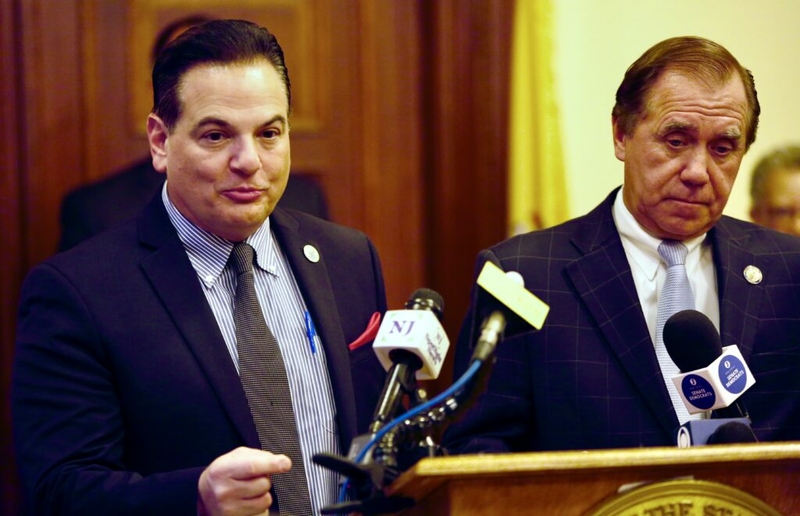Senate president aims to speed up drivers’ record checks for attorneys, other professionals

Attorneys and medical providers would be able to access drivers’ records faster and easier under legislation now before New Jersey lawmakers.
Senate President Nicholas Scutari (D-Union), an attorney, introduced a bill last month that would require the state Motor Vehicle Commission to give attorneys, medical providers, and some other professionals like process servers online access to drivers’ addresses and records and set up an online billing system to pay for it.
Such professionals already can access that information but must do so in person or by mail, Scutari said.
“They’re still selling sending out forms and making you hand-write checks for $15 for a search versus charging it to a credit card online,” Scutari said. “During the COVID lockdown, that took months and months because nobody was there to open the mail. This would allow people to do it instantaneously or in just a few minutes.”
In other states like New York, such checks can be done online, Scutari said.
“This is a modernization requiring the DMV to please get out of the Stone Age, put some stuff online, and make a system where people can pay online, versus having to go to DMV and fill out a piece of paper,” he added.
The Senate’s transportation committee unanimously advanced the bill earlier this month.
Drivers’ records aren’t public record, and state and federal lawmakers have passed a Driver Privacy Protection Act that restricts access to driver records.
Still, that act does allow the state to release records to government agencies, law enforcement, and others in matters including vehicle emissions, recalls, or advisories and motor vehicle or driver safety and theft.
The law requires requestors to provide their name, address, and telephone number, a reason for their request, and the number of people who will then have access to any released records. Permitted uses include things like verifying the accuracy of a driver’s personal information, carrying out court orders, investigating insurance claims, and notifying owners of towed or impounded cars.








